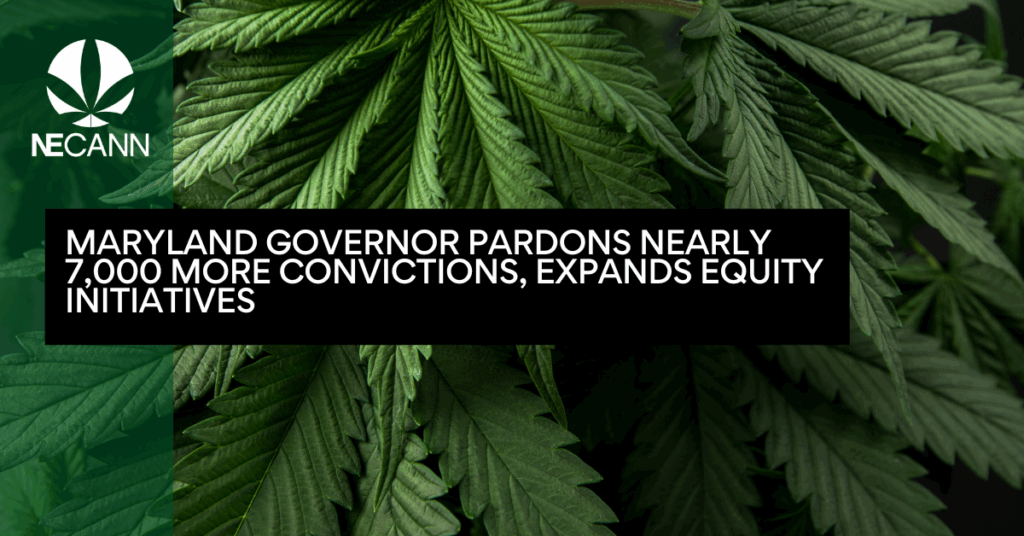Maryland Gov. Wes Moore (D) announced during a Juneteenth address, that his administration is issuing pardons for nearly 7,000 individuals previously convicted of low-level offenses. The move builds on last year’s sweeping action in which the governor pardoned more than 175,000 convictions, impacting approximately 100,000 people.
The latest wave of pardons reaffirms Moore’s commitment to criminal justice reform, equity, and economic empowerment, particularly for communities disproportionately impacted by past policies. While the pardons eliminate the legal consequences of these convictions, they do not automatically erase the records from public view. However, legislation signed into law last April by Moore requires the state to shield records tied to low-level charges, ensuring improved access to employment, housing, and education opportunities for those affected.
“These pardons are about equity and fairness,” Gov. Moore said during his address. “They’re about undoing the harm caused to communities over decades.”
In addition to the pardons, Moore announced a series of ambitious investments aimed at uplifting historically underserved communities across the state. He committed $400 million toward raising property values and expanding homeownership opportunities in neighborhoods that have been long neglected in housing markets. The plan is designed to close the home appraisal gap and promote generational wealth.
Moore also revealed a $1.34 billion investment in Maryland’s historically Black colleges and universities (HBCUs), marking one of the largest funding initiatives for higher education in state history. The goal is to improve campus facilities, expand academic programming, and increase access for future students.
To further support economic development, the governor designated $816 million in procurement contracts for Black-owned businesses. This initiative is part of a broader effort to close the racial wealth gap by providing historically marginalized entrepreneurs with increased opportunities to participate in state-level economic activities.
“Equity must be more than a buzzword—it must be the foundation of our policy,” Moore said. “Maryland will continue to lead the nation in showing what real investment in people looks like.”
Maryland’s adult-use market officially launched in July 2023, following a legislative vote and signature by Moore earlier that year. The launch marked a major milestone in shifting the state’s approach from enforcement to regulation and opportunity. Revenue from the new system has been earmarked in part for reinvestment in communities most affected by outdated enforcement policies.
The governor’s focus on restorative justice and community investment is drawing national attention. Advocates praised the new pardons as a critical step in reducing the long-term consequences of outdated laws and helping to repair trust between the state and its residents.
“These aren’t just numbers—they’re people,” said local activist James Crawford. “This gives thousands of Marylanders a fresh start and acknowledges the harm caused by past policies.”
As Moore continues to push forward a progressive equity agenda, the state of Maryland is positioning itself as a national model for restorative policy, economic inclusion, and racial justice.



